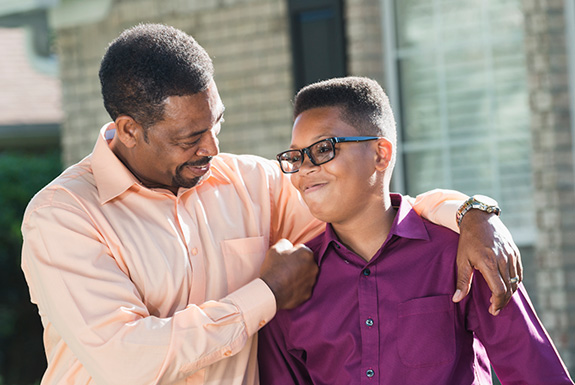The Importance of Life Skills for Youth in the Foster System
Youth transitioning out of the foster system often face significant obstacles, including financial insecurity, lack of stable housing, and limited career opportunities. Without proper guidance, many struggle to navigate adulthood successfully. The Permanency Mentor Program provides hands-on support, ensuring that youth develop the practical and emotional skills they need to thrive.
Key Life Skills Taught in the Program
1. Financial Literacy and Budgeting
Understanding how to manage money is critical for independent living. The program teaches:
- Budgeting basics to help youth track income and expenses.
- Saving strategies for emergency funds and long-term financial goals.
- Understanding credit and loans to avoid debt and make informed financial decisions.
- Paying bills on time and managing financial responsibilities.
2. Career Readiness and Job Skills
Youth in the foster system often lack professional connections or work experience, making career readiness training essential. The program focuses on:
- Resume building and job application assistance.
- Interview preparation and professional communication.
- Workplace etiquette and time management.
- Exploring career pathways through job shadowing and internships.

3. Housing Stability and Independent Living
Finding and maintaining stable housing is a major challenge for youth aging out of the foster system. Mentors provide guidance on:
- Searching for safe and affordable housing.
- Understanding lease agreements and tenant rights.
- Maintaining a home, including cleaning, cooking, and basic repairs.
- Applying for housing assistance programs.
4. Emotional Resilience and Mental Health Awareness
Transitioning to independence can be emotionally overwhelming. The program supports mental well-being by teaching:
- Coping strategies for stress and anxiety.
- Building healthy relationships and setting boundaries.
- Identifying support networks and accessing mental health resources.
- Managing conflict and effective communication.
5. Personal Development and Decision-Making
Successful independence requires strong personal skills. The program helps youth:
- Build confidence and self-advocacy.
- Develop problem-solving and decision-making skills.
- Improve time management and organizational habits.
- Set short- and long-term personal goals.

The Impact of the Permanency Mentor Program
Through mentorship and skill-building, the Permanency Mentor Program empowers youth in the foster system to break cycles of instability and create a future of self-sufficiency. By learning critical life skills, they are better prepared to navigate adulthood, establish independence, and achieve their dreams.
How You Can Support Youth in the Foster System
- Become a mentor and provide direct support to a transitioning young adult.
- Donate to support educational and independent living resources.
- Advocate for policy changes that expand life skills training programs for youth in the foster system.

Final Thoughts: A Stronger Future Through Mentorship
The transition from the foster system to adulthood should not be a journey faced alone. Through the Permanency Mentor Program, youth gain the tools, knowledge, and support they need to succeed. Investing in their growth ensures a brighter, more stable future—one where every young adult has the skills to thrive.





